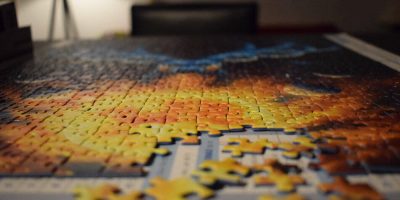When you think of a puzzle, you likely think of it as something you do in your spare time. It might be a hobby or a weekend activity to take your mind off the hustle and bustle of the week. Puzzles can be done together with family or independently with endless different types and varieties. As enjoyable as they are, puzzles are more than just fun, as the health and productivity benefits should not be overlooked. Let’s take a look at the productivity benefits of solving puzzles, whether jigsaw or crossword.
Improve Your Memory
If you are one of those people who will try anything to improve your memory, including exercises, drinking coffee, etc., puzzles may be what you’ve been searching for. Science says that puzzles will reinforce connections between cells in our brains as well as form new ones in a way that can improve short-term memory.
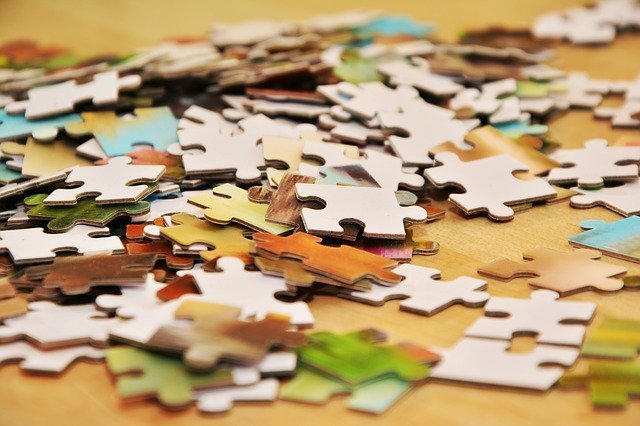
This can be especially true for seniors, as studies have shown that puzzles and the brain connections they make can help prevent/delay the effects suffered by Alzheimer’s patients. Additionally, jigsaw puzzles in particular will help increase mental speed as we work to remember colors, shapes and details that can help place different puzzle pieces appropriately.
Both Sides of Your Brain
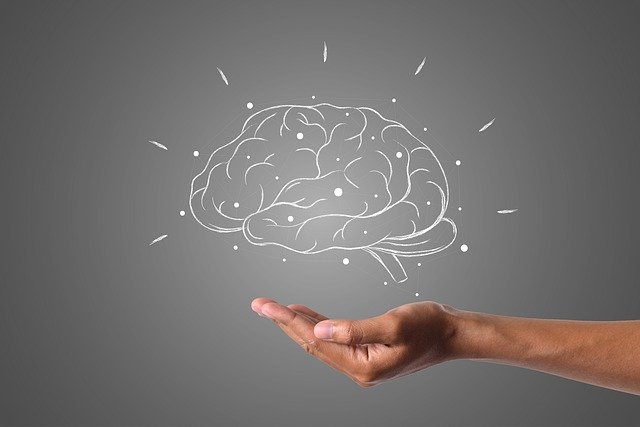
Your brain has two different hemispheres, each of which has different control functions. The left side of your brain is said to control logical thinking and analytical thought, while the right side is more centered around creativity. Every puzzle you do requires the use of both sides, as they engage to help you solve puzzles both large and small. According to Sanesco Health, an industry leader in neurotransmitter testing, these connections will also help us to learn, remember and comprehend.
Increased Productivity
While puzzles might literally seem like fun and games, they can also do a great deal of good for your productivity. Any increase in productivity is going to have a positive impact on your work life, so the benefits go well beyond short-term memory improvements. As most people engage in puzzle solving, they are allowing the stress of the world to be removed from their shoulders and are focused solely on the task at hand.
The next time you find yourself stressed at work and need a brain reset, take a walk or work on a puzzle. Take just 15 minutes to disconnect from work and allow your brain a chance to refocus so you can come back refreshed and ready to tackle your to-do list.
Better Teamwork
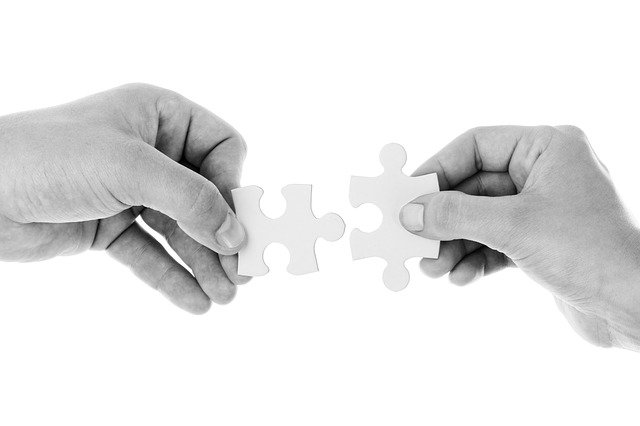
Just as puzzles can help you in your own life, they can integrate well into your work life as part of a team. Yale University has found that teams who solve puzzles together have improved their relationships as colleagues, leading to stronger communication and teamwork. Most savvy managers know that team-building activities don’t take time away from work, nor they do ruin productivity. In fact, activities like team puzzle-working will enhance the team. Learning how to work together as a team while doing simple activities like puzzle building will easily pass to work projects, leading to better work overall.
Lower Stress Levels
As noted earlier, working on a puzzle often becomes a centralized task with the rest of the world tuned out. It’s during these moments that your brain is not only being invigorated but also entering into a state where it’s releasing dopamine. Dopamine, a chemical known to increase memory as soon as we place our first puzzle piece correctly, can regulate mood. With every piece thereafter, your brain feels happiness, which leads to positive energy and a reduced stress level.

Try and think of puzzle building as a mindfulness activity that has deep physical benefits that are often overlooked in favor of more popular activities like exercise.
Children Benefit Too
Even with a focus on how puzzle building can improve productivity, it should not be overlooked how beneficial puzzles are for young children. More specifically, studies have shown that puzzles can help develop spatial skills that play a fundamental role in the development of children.
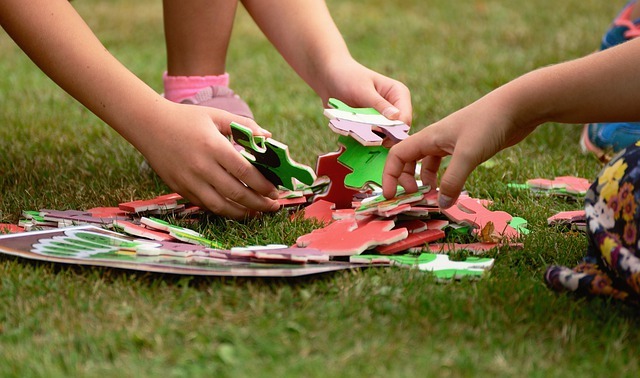
Puzzles will help children understand how to better concentrate, problem solve and develop organizational abilities, as they locate pieces that fit in the right places. On top of this, puzzles will also children develop fine motor skills/hand-eye coordination from a younger age, as they coordinate puzzle solutions. The prevailing theme is that puzzles can be beneficial for ages young and old.
Final Thoughts
There is little question that puzzles can play a hugely beneficial role in helping everything from problem solving, to improving productivity, to reducing stress. From early childhood to more advanced ages, puzzles of all kinds have shown to play a big role in developing important skills that can last through a lifetime of learning and work. If you’re looking for more ways to benefit your productivity, read on to learn how daily reading can help.
